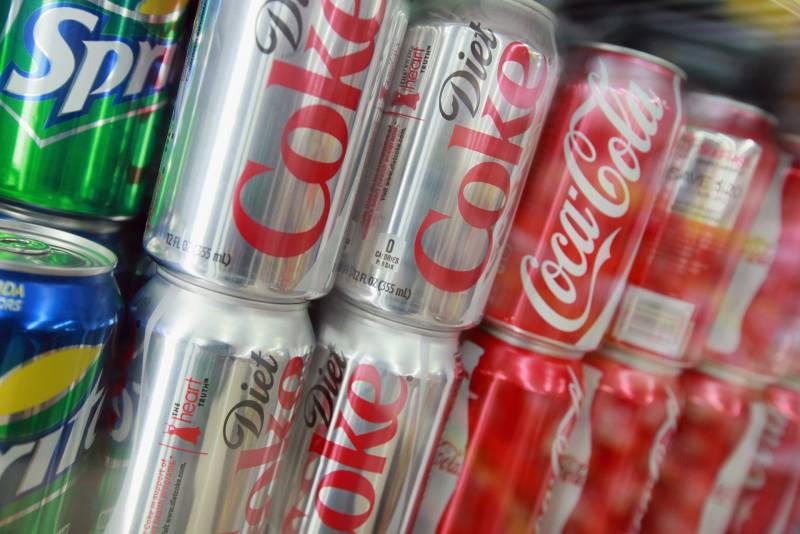The law was originally passed by the city’s supervisors in 2015 by then-Supervisor Scott Weiner. But the American Beverage Association (ABA) sued, stating the legislation was unconstitutional.
In Jan. 2019, a federal appeals court sided with the ABA, declaring that the law violated constitutionally protected speech.
The upcoming vote on Tuesday will be an attempt to pass a revised version of the law, sponsored by District 10 Supervisor Shamann Walton.
Natalie Gee, a legislative aid for Walton, spoke to the city’s Public Safety and Neighborhood Services Committee on Jan. 9.
“There’s been numerous studies showing that these large beverage companies specifically target their advertising to communities of color, creating more health disparities,” Gee said to the committee.
The law has seven revisions:
- Offers more recent scientific findings on the health effects of sugary beverages
- Redefines the definition of who an advertiser of sugar-sweetened beverages is
- Reduces the size of the warning label from 20% to 10% of the total area of the advertisement
- Revises the text of the warning label
- Offers the proposed warning in multiple languages
- Eliminates exemptions and waivers of the warning label for specific types of sugar-sweetened beverages
- Allows city agencies to pursue civil enforcement
In a statement, the ABA said the newly revised ordinance “ignores the serious First Amendment issues that the Ninth Circuit Court of Appeals” originally found.
The statement continued, “America’s beverage companies agree that it’s important that San Francisco families moderate their daily sugar intake and, in partnership with community leaders and public health advocates, we will continue to work to provide all Californians with transparent nutritional information about our products.”
KQED’s Julie Chang contributed to this report.
